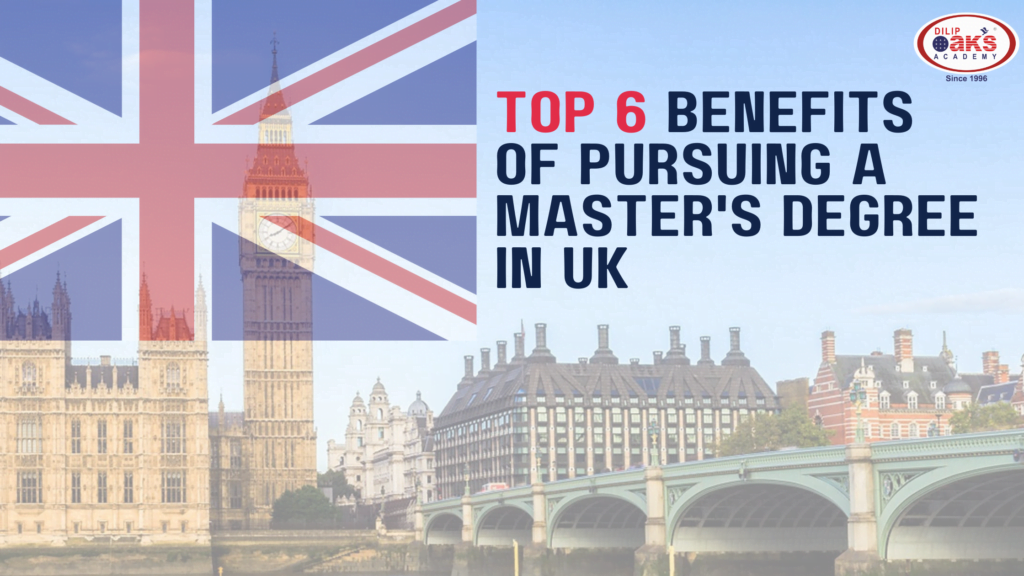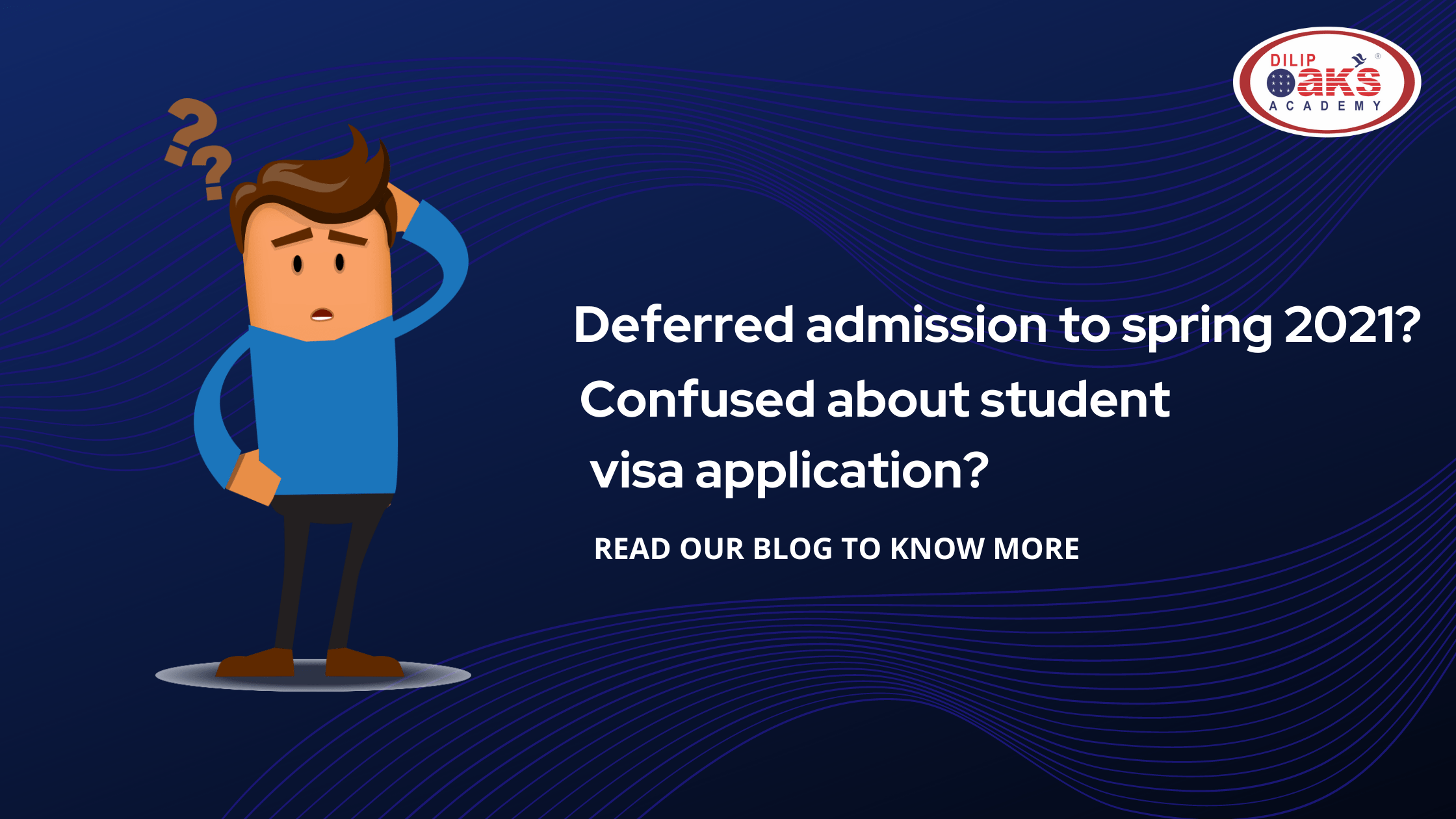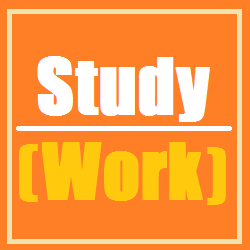A four-member team representing four campuses of California State University visited Dilip Oak’s Academy, at Bhandarkar Road, on Tuesday, 11th April 2017. The visiting delegation comprised:
Dr. Ray Wallace
Executive Director (International Programs and Senior International Officer)
California State University, East Bay
Dr. Paul Hofmann
Associate VP (International Programs and Global Engagement)
California State University, Sacramento
Dr. Jennifer Helzer
Director – International Education
California State University, Stanislaus
Dr. Seema Sehrawat
Associate Professor and International Officer
California State University, Chico
The university officials addressed the students on a variety of topics that were important and relevant to the latter. They also took their questions and generally dwelt on the challenges they were likely to face as graduate students in the US. They spoke with students on resource management, coping with academic pressures, on-campus employment opportunities, and safety-related issues.
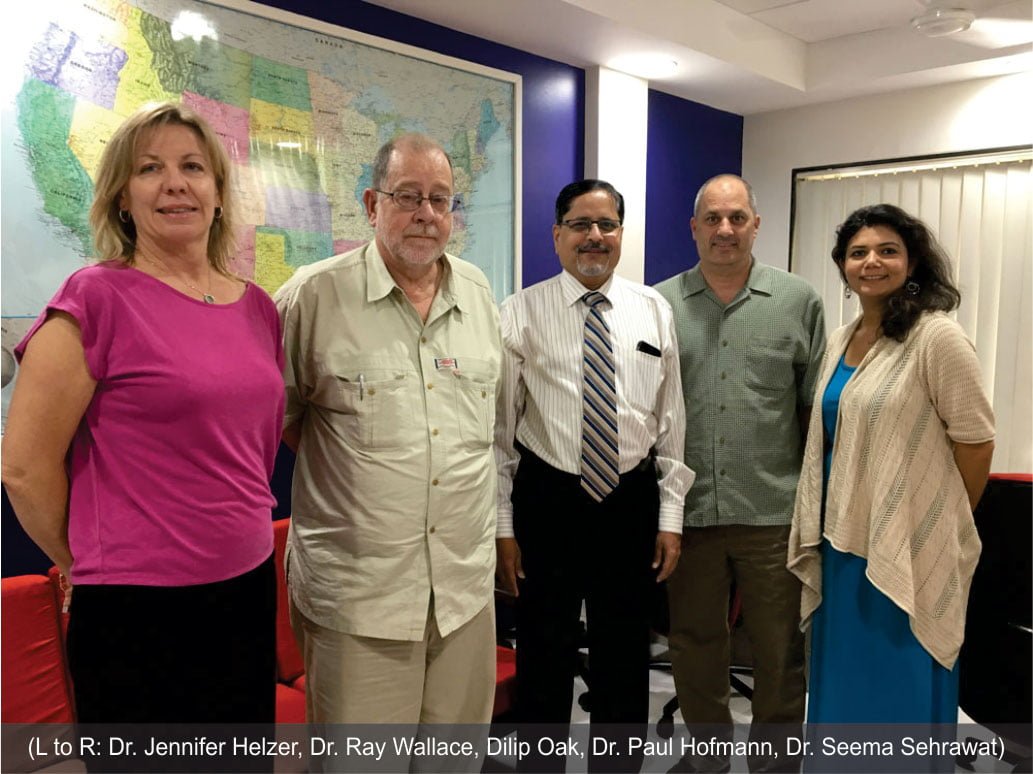 Dr. Ray Wallace dwelt on three topics: employment opportunities in the US after MS, the dynamic of the H1B immigration regulations, and what he called the “Trump effect.”
Dr. Ray Wallace dwelt on three topics: employment opportunities in the US after MS, the dynamic of the H1B immigration regulations, and what he called the “Trump effect.”
Dr. Wallace expressed the view that employment opportunities in the US after MS, particularly in the IT sector were “spectacular”. He revealed that companies were hiring university graduates “aggressively” and that job opportunities in the US at present were “strong”. Dr. Wallace predicted that economic growth during the next couple of years “will stay positive”.
Dwelling on the dynamic of the H1B immigration regulations, Dr. Wallace was of the opinion that the Trump Administration did not have problems with overseas students coming to US universities, and added that it had issues with contracting and consulting companies like Wipro, Tata Consultancy Services, etc., which he pointed out had historically netted a large percentage of H1B visas from the quota allocated to Indians.
Seeking to allay the fears of students in general, Dr. Wallace assured them that change comes slowly with regard to regulations in the US and that change will be positive for university graduates. These changes will only present university graduates with more job opportunities, higher salaries, and less resistance in the immigration context.
Referring to what he called the “Trump effect”, Dr. Wallace shrugged off rhetoric of the US President during his election campaign and stated that he was a different man when he interacted with IT majors in the US. Dr. Wallace quipped, “Trump doesn’t speak like that to Bill Gates or people from other major IT companies like Apple,” and added that as a businessman himself, Trump understood and seemed to be sympathetic to the pleas of heads of IT companies for flexibility in immigration-related regulations as they needed to hire people from abroad. Therefore, Dr. Wallace said that change will only be positive for higher education, especially for students with master’s and PhD degrees in the STEM category.
Dr. Paul Hoffman pointed out that there was a wide range of on-campus jobs up for grabs for graduate students who chose to take up a job during their second or third semester. These included academic and non-academic job opportunities, he added. Dr. Hoffman said taking up an academic job on campus could lead to internship opportunities which receive academic credit for off-campus work experience.
On graduation, Dr. Hoffman revealed, one could transition to a period of practical training for 12 months. He stressed that STEM-major students could avail of an additional 24 months of off-campus employment, which would mean 36 months of practical exposure and experience for them. Dr. Hoffman stressed that students could thus make the most of the inherent privileges that would accrue to them by virtue of their H1B visas. He also disclosed that, often, such students are sponsored by their companies for an H1B visa, later, which allows them to continue working in the USA after this initial three-year period.
Dr. Seema Sehrawat spoke on the American education system. She pointed out that in the US students got a lot of practical knowledge. She said whenever she spoke with students of Computer Science, Computer Engineering, Electrical Engineering, and even MBA, all of them talked about how they greatly valued the practical basis of the education system in the US. Dr. Sehrawat did sound a note of caution on how this could pose a challenge initially to Indian students who are more accustomed to theory-oriented studies in India.
She pointed out that American professors were generally very dedicated and always there for their students. Referring to the current political climate, Dr. Sehrawat advised students not to go by heresay or exaggerated media reportage. She urged them to focus on their future and think of what the American system had to offer to them. Speaking of California, she emphasised that California was “quite safe” and added that it was a “melting pot” that welcomed diversity.
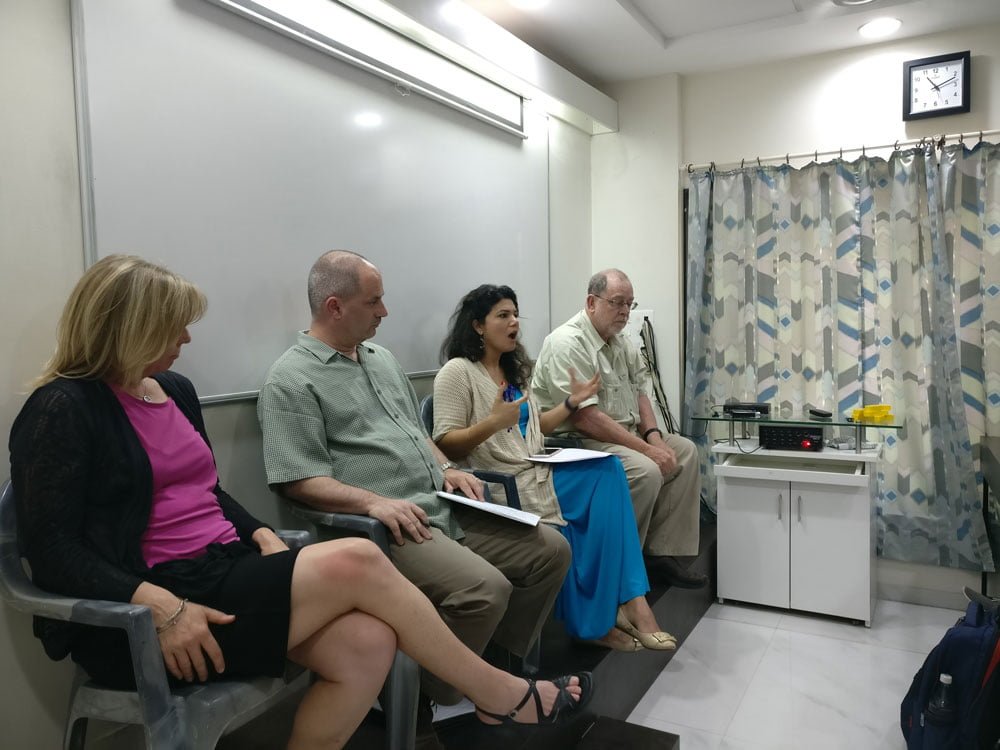 Against the backdrop of attacks on Indians in the US, the experts pointed out that Indians staying in the US should be well aware of their surroundings and make the correct decision regarding matters such as whether or not stay out late at night. Untoward incidents occur usually late at night after partying. Therefore, it is advisable not to put oneself in such vulnerable positions.
Against the backdrop of attacks on Indians in the US, the experts pointed out that Indians staying in the US should be well aware of their surroundings and make the correct decision regarding matters such as whether or not stay out late at night. Untoward incidents occur usually late at night after partying. Therefore, it is advisable not to put oneself in such vulnerable positions.
University campuses and its surroundings, they stressed, are safe and every campus has a highly organised and professional police department. Every university is particular about student safety and makes it its top priority, they pointed out. The American people, they specially emphasized, are very supportive of cultural diversity. Sensational media reports usually refer to stray incidents in some trouble spots of the US such as the “Midwest” and some of the southern parts of the country.
Stressing security and safety, Dr. Sehrawat, speaking from her personal experience as an expatriate Indian, opined that American people in general were kind hearted and welcoming, and that one could easily make friends with them.
The visiting delegation of California State University officials spent a couple of hours interacting with students at Dilip Oak’s Academy. They gave students their calling cards and encouraged them to meet them when they joined their colleges.
